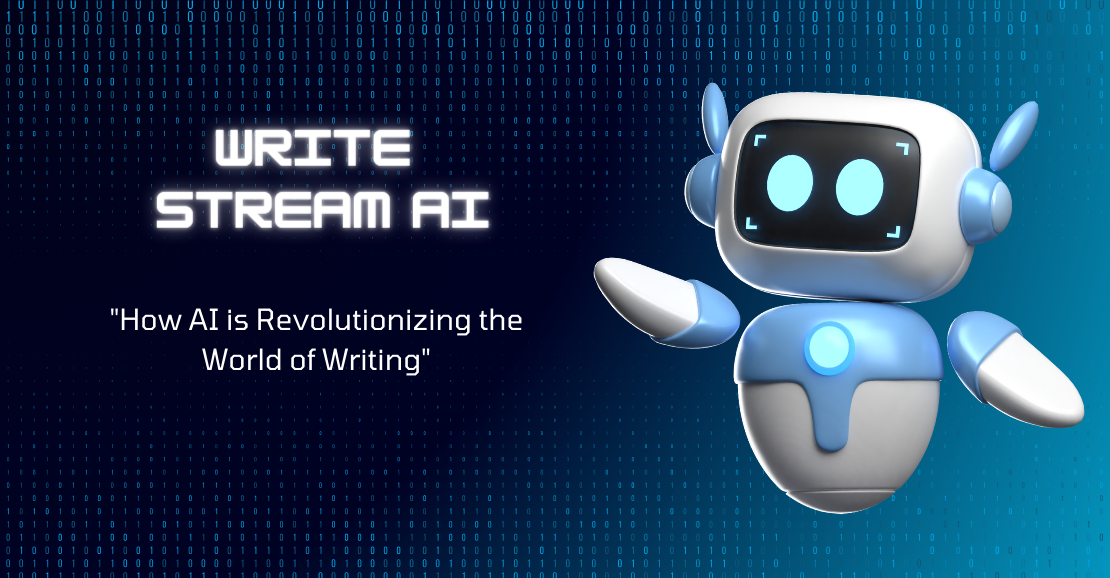Unleashing the Power of AI: The Revolutionary Impact on Writing

Artificial Intelligence (AI) has become a buzzword in recent years, with its abilities to streamline and automate processes across various industries. From self-driving cars to virtual assistants, AI has made impressive advancements in almost every field. One area where it is making a particularly notable impact is the world of writing. The use of AI in writing has revolutionized the way we create, edit, and consume written content. In this article, we will explore how AI is changing the world of writing and the potential implications for the future.
First and foremost, AI has significantly improved the writing process for professionals. One of the most time-consuming aspects of writing is research. Writers spend hours scouring through various sources to gather information for their content. However, with AI-powered research tools, this process has become much more efficient. AI algorithms can analyze vast amounts of data and provide writers with accurate and relevant information in a matter of minutes. This saves them a significant amount of time and effort, allowing them to focus on the actual writing process.
Moreover, AI has improved the quality of written content. Grammar and spelling mistakes are common errors in writing, even for experienced professionals. However, AI-powered grammar and spelling checkers have made these mistakes a thing of the past. These tools can detect errors and suggest corrections, resulting in more polished and error-free writing. In addition, AI algorithms can also analyze the tone and style of writing, providing valuable insights to writers on how to enhance their content to make it more engaging and appealing to their target audience.
One of the most talked-about aspects of AI in writing is its ability to generate content. While AI-generated content is still in its early stages, it has already shown immense potential. With the help of Natural Language Processing (NLP), AI algorithms can analyze and mimic human language, generating written content that closely resembles human-written content. This can be particularly useful in areas such as sports reporting, financial analysis, and weather forecasting, where the content is mostly data-driven and requires minimal creativity.
Another significant impact of AI in writing is its role in content curation. In today's digital age, where there is an abundance of information available, readers often struggle to find content that is relevant and tailored to their interests. AI algorithms can analyze readers' preferences and behaviors, and curate personalized content for them. This not only saves readers time but also ensures they are provided with content that is relevant and meaningful to them.
While the advancements in AI in writing are undoubtedly impressive, it has also raised concerns about the future of human writers. Will AI replace human writers? The answer is no. While AI may be able to generate content, it lacks the ability to think creatively, empathize, and express emotions – elements that are crucial in good writing. The human touch and emotions cannot be replicated by machines, making human writers irreplaceable.
In conclusion, AI is revolutionizing the world of writing in various ways – from streamlining the writing process and improving the quality of content to content generation and curation. It has certainly made the lives of writers easier and more efficient. However, it is essential to understand that AI is a tool that can assist, but not replace, human writers. With the continued advancements in AI, we can expect to see further improvements and innovations in the world of writing. As we continue to embrace AI, it is crucial to remember that human creativity and emotions are what make writing truly remarkable.
https://tudosobreestilodevida.quora.com/
https://tudosobreestilodevida.quora.com/






















Write your comment
Cancel Reply